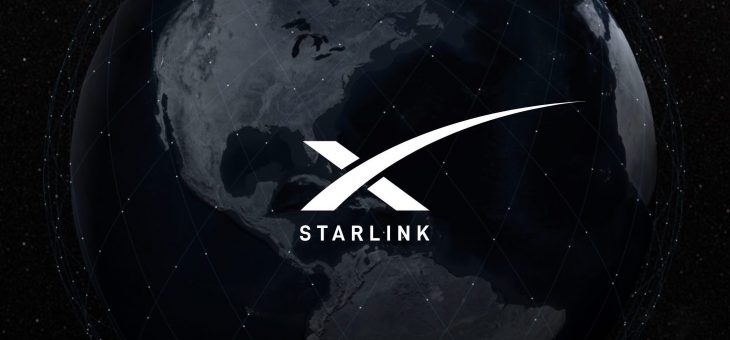
GATINEAU – On May 20, Space Exploration Technologies (SpaceX) filed an application with the CRTC for a Basic International Telecommunications Services (BITS) Licence.
Interested parties had until June 19 to intervene and more than 1,800 of them (mostly individual Canadians and businesses supporting the idea) did.
A BITS licence is obtained by submitting an affidavit to the CRTC and is, for all intents and purposes, a mere registration regime. Nearly all are approved.
The mystery, in this case, resides in the fact that after filing its affidavit, SpaceX triggered so many interventions, which is truly unusual and not exactly useful. As of this writing, it appears there were no comments filed by any Canadian ISP or telecom company.
Also peculiar (if unsurprising) is the 156% increase in attention the CRTC received last week according to Google trends after The Globe and Mail published a story on the application last week. The words associated with CRTC were Elon Musk, CRTC Spacex, and Starlink.
SpaceX was founded by Elon Musk, who also founded the Tesla Group. SpaceX will launch satellites, which will form a constellation of hundreds of low-orbiting satellites, Starlink, that could deliver high-speed broadband Internet to locations where access has been unreliable, expensive, or completely unavailable as early as the fall of 2020, according to the company.
Starlink, which will be the brand name of the service, is targeting rural service in the Northern U.S. and Canada in 2020, rapidly expanding to near global coverage of the populated world by 2021.
Monthly service is likely to cost approximately US$80/month and testing shows speeds of 620 Mbps with a latency of 30 to 60 milliseconds.
Telesat also has such a project which received $85 million in funding from the federal government and expects to begin offering broadband coverage to Canada’s Far North in 2022 and all of Canada from a constellation in mid-2023. It recently completed testing with Telefonica. Kepler, another Canadian firm, also has plans to service rural Canada via LEO satellites. OneWeb, another company promising to serve the far north with LEO technology, recently filed for bankruptcy.
This may well be a solution to providing high-speed internet to rural and remote areas of Canada without building thousands of kilometres of new fibre, but LEO technology is still relatively untested under major broadband traffic loads.
It’s not yet known when service will be launched.


